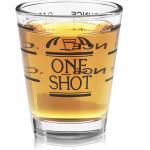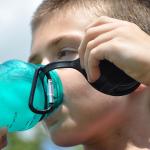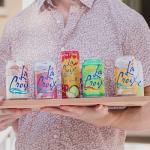Many Americans are seeking greater “authenticity” in their lives. There’s nothing wrong with that unless, in the process, they’re being misled by false advertising that causes them to pay inflated prices for products that are “free from” var
BPA
One of our challenges at ACSH is trying to inform the public about assessing relative risk. Most people are terrible at doing this. They worry about flying but drive while texting.
Join ACSH directors of bio-sciences and chemistry Cameron English and Dr. Josh Bloom as they break down these stories:
Earlier in June, the FDA agreed to reevaluate the safety of bisphenol A (BPA) in plastics, coating, and other materials that contact food.
According to our new (aka working) search box I have written about bisphenol A (BPA), one of the chemicals used to make polycarbonate plastics (1), 113 times.
In the mood for some hilarity? I am.
A new press release from the Silent Spring Institute (SSI) makes me wonder whether they've jumped the gun on April Fool's Day. Don't believe me?
One would think that the FDA's issuance of the CLARITY-BPA Core Study, a two-year exhaustive examination of the effects of the plastic component bispheno
Journalism is thoroughly inept and corrupt. The quality of journalism has gotten so bad that I have whittled down my trusted sources to merely a handful. Even then, when it comes to science, these sources often get it wrong.
In their endeavor to appeal to Millennials and other young people, companies are engaging in marketing campaigns that look and sound good but actually accomplish nothing.
There are no guarantees in life. Except when there are. Here's one.












